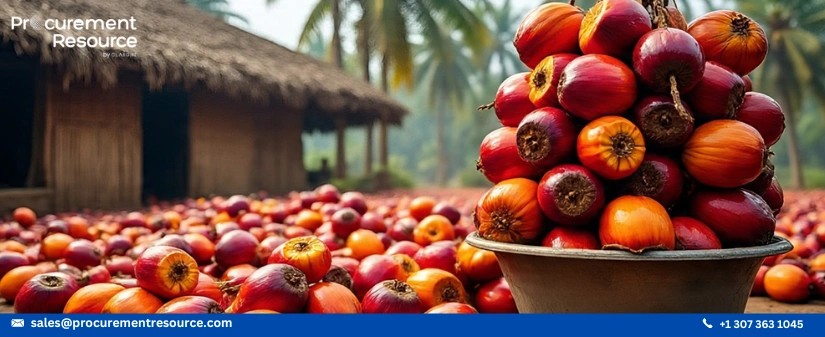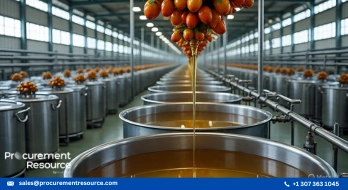Palm oil prices recently witnessed a rebound after declining in the first half of June

Palm oil prices recently rebounded significantly after a period of decline, with the rally primarily fueled by geopolitical tensions and policy developments. The escalating conflict between Israel and Iran triggered a surge in crude oil prices, with Brent crude jumping approximately 8% following military actions. This energy price rise enhanced palm oil's appeal as a biofuel alternative, creating upward pressure on prices.
The market received additional support from the U.S. Environmental Protection Agency's proposed biofuel policy changes, which included a substantial 67% increase in biomass-based diesel targets for 2025. This policy shift raised expectations for greater vegetable oil demand, benefiting palm oil prices. Concurrently, the Malaysian ringgit's slight weakening against the U.S. dollar improved palm oil's competitiveness in global markets, making it more attractive to foreign buyers.
Key importing nations, particularly India and China, contributed to the price recovery by returning to the market to capitalize on favorable pricing levels. The combined effect of these factors pushed palm oil prices up more than 6%, approaching 4,100 ringgit per ton. The rally mirrored gains in competing edible oils, with soybean oil prices surging 11% during the same period.
Read More About Palm Oil Production Cost Reports - Get Free Sample Copy in PDF
While the recent price increase reflects improved market conditions, analysts remain cautious about its sustainability. Concerns persist regarding global economic uncertainties and palm oil's diminishing price advantage relative to substitute vegetable oils. The market continues to monitor how these competing factors will influence palm oil's trajectory in the coming months.

